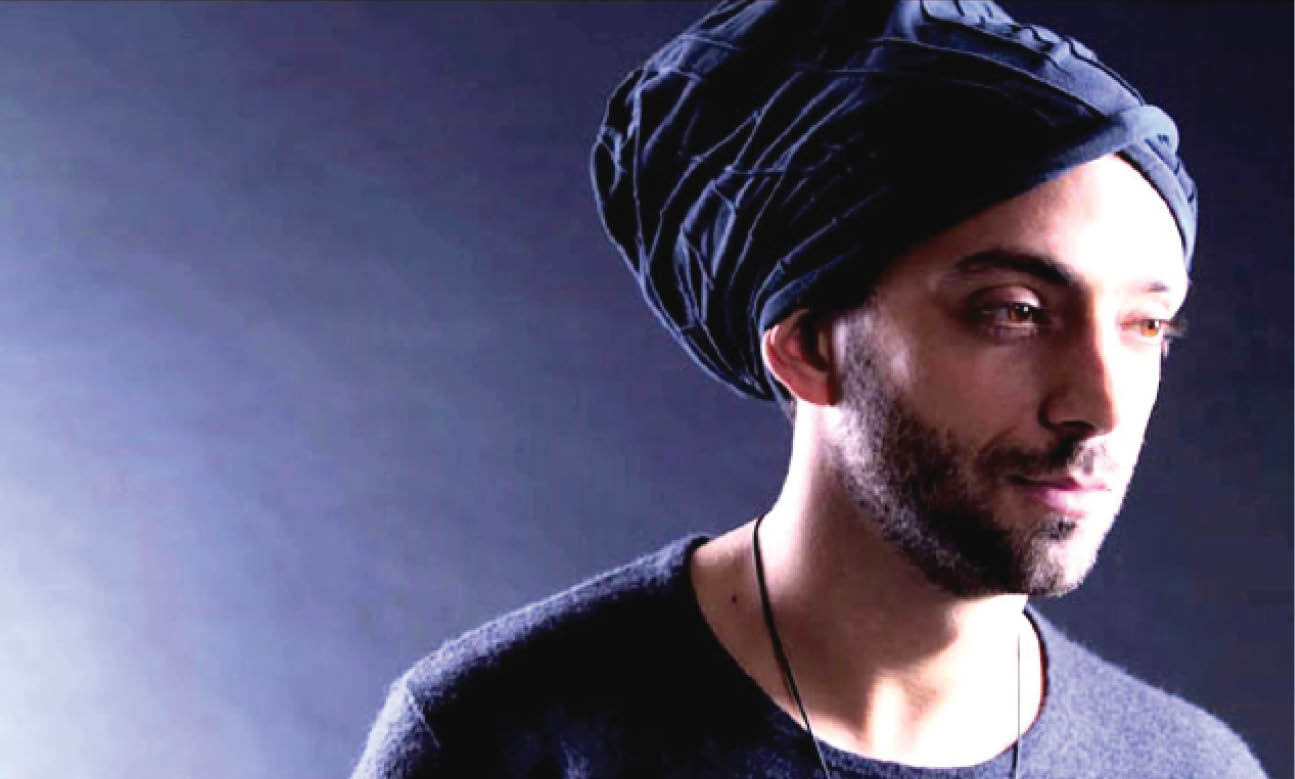I’d be a chef but for music – Idan Raichel
Idan Raichel is an Israeli music sensation known for his well-received ‘Idan Raichel Project.’ During his recent visit to Nigeria, Weekend Magazine had a chat with him about his music and more. Excerpts: Weekend Magazine: On YouTube a fan commented about your song “Mi’ma’aakim” that “Music is the only world language which doesn’t need translation […]

Idan Raichel is an Israeli music sensation known for his well-received ‘Idan Raichel Project.’ During his recent visit to Nigeria, Weekend Magazine had a chat with him about his music and more. Excerpts:
Weekend Magazine: On YouTube a fan commented about your song “Mi’ma’aakim” that “Music is the only world language which doesn’t need translation and is understood by the soul.” When you sing in Hebrew, what is at the back of your mind about the audiences it would reach and how it will be received?
Idan Raichel: That’s a very good question. I feel that I’m first and foremost, Israeli and I always think and dream in my language. So, I think if I would be loyal to myself, I think I would sing and talk in my language. It would always resonate. Even if my listeners don’t understand the meaning, they will understand the vibe.
WM: What’s the story behind the song?
Raichel: I read the Bible a lot and from the Book of Songs it says: ‘Out of the depths, I cry to you O Lord.’ I thought to myself why do we cry to our Lord only when we’re out of the depth? We should call to God even when we’re happy to thank him for everything that we’re doing. So, it started kind of with an interpretation from out of the depth, I cry to you my love.
WM: In the video of your song ‘I’m Telech,’ you used animations depicting the pastoral life of Israel. Why did you decide to visualize the song using this?
Raichel: It’s like a person that is not connected to his roots and doesn’t know where to go. In Judaism, you always need to know where you came from, where you’re headed and who you will give your report to when the day comes. I think it was one of our first videos that we did and it was important for me to just reflect our respect for our history.
WM: You’ve collaborated with the likes of Alicia Keys, India Arie and rock artiste, Dave Matthews. You don’t all sing the same genre. Could you share what the experience was like working with them and the songs you worked on.
Raichel: Every artiste that I collaborate with, it is important to view the pure truth and pure honesty in the studio, and not to be motivated or influenced by the ego. When you’re working with a high level artiste like Alicia Keys, you can be suddenly paralyzed by the respect. But you need to realize that she is also a human being. She’s just a sweet young woman who makes music. Once we go into the studio, we are both musicians who don’t know what the day will bring.
WM: Why the Idan Raichel Project?
Raichel: Because my name is Idan Raichel and I feel like that if I call the project Idan Raichel, people will accept me as a singer, same as Alicia Keys or Fela Kuti.
WM: At what point in your life did you decide you wanted to go into music?
Raichel: I think it’s from the first lullaby that my grandmother sang to me. Although she passed away, it always starts from the first song that you’ve heard. I was captured by the magic right from then.
WM: You’ve had stage performances and also studio recordings. Which are you more comfortable with and why?
Raichel: Very good question. For me, it is important to always find a balance. Being in the studio or on the road too much isn’t good for me. The balance is extremely important to me, and also to find time for my family.
WM: This is your first visit to Nigeria. What are you most looking forward to?
Raichel: To meet people. Same way I’m meeting you and other great artistes. At the end of the day, every airport is the same and every hotel is the same. For me, what makes a place to be special is the people.
WM: Do you have any favourite Nigerian artiste?
Raichel: I just love the beat and the groove of Nigerian music. I don’t have a specific favourite but we have a lot of respect for Fela Kuti.
WM: What’s the most remarkable part of your music career?
Raichel: When people pick my music as the soundtrack of their life. Like when they’re getting married to my music or learning Hebrew with my music. Basically, when the music plays a different role other than being just listened to.
WM: What part has been the most challenging?
Raichel: The maintenance and the practicing, not the glory that comes with the career.
WM: If you didn’t have a career in music, what would you be doing?
Raichel: I’d be a chef. I don’t know how to cook so I would want to learn how to.
